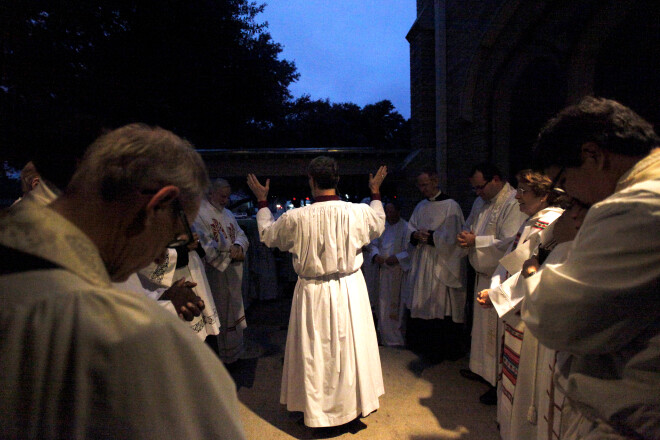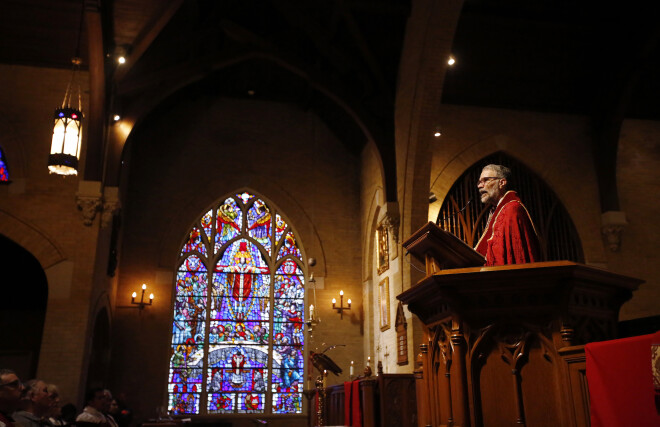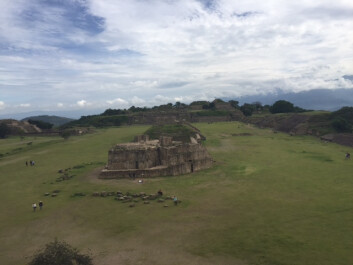The Boatman

What do we mean when we talk about leadership, which is, after all, the galvanizing word for pastoral work and thought in our time? Sometimes we seem to mean visionary, at others the giver of stemwinders, at others a politician who can read a constituency. For the New Testament the key term is “elder” conveying as it does prudence and memory, which are surely balms for our age, whether sought out or not.
I have come to have a different root metaphor in my mind. It is, I believe, especially pertinent in this age, in which sail into strong headwinds and quickly shifting cultural tides. Church leaders in our time are more like boatmen whose job it is to bring a younger generation across the tide as safely as they can. I am not claiming we are crossing the River Styx, though “forgetfulness” (Lethe) is a good name for those waters nonetheless. In our barque are also found the traditional scriptures and doctrines and spiritual practices. I certainly have in mind us older ordained leaders, but I would not exempt senior lay leaders.
This image is not a pugnacious one, though it has a considerable degree of resistance in it. There is some relation to the “Benedict Option” about which I have already written, though the image of a passage has dimensions which monastic retreat does not. But both make preservation for a new generation paramount in our common life.
Salud
+GRS





